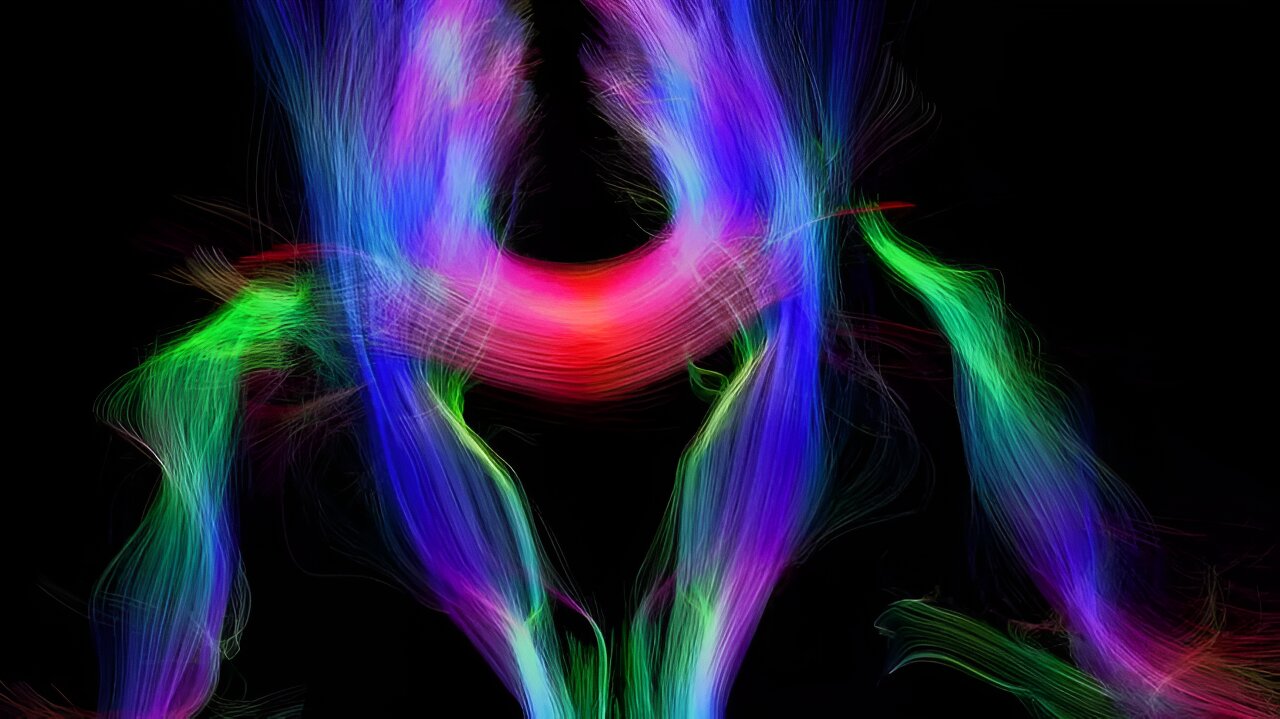Scientists at the Max Planck Institute for Human Cognitive and Brain Sciences in Leipzig have unearthed fascinating evidence that the brain undergoes important changes in wiring when we embark on the journey of learning a new language in adulthood. They organized a large intensive German learning program for Syrian refugees and studied their brains using advanced magnetic resonance imaging (MRI), uncovering dynamic modulations in the wiring of crucial language regions that enabled them to communicate and think in the new language.
Over a six-month period, Xuehu Wei and the research team led by Alfred Anwander and Angela Friederici, meticulously compared the brain scans of 59 native Arabic speakers engaged in intensive German learning. By taking high-resolution MRI images at the beginning, middle and end of the learning period, the researchers deciphered changes in connectivity between brain areas using a technique called tractography, which allows the reconstruction of neuronal pathways.
These images showed the strengthening of white matter connections within the language network, as well as the involvement of additional regions in the right hemisphere during second language learning.



I hear using your arms builds muscles in your arms, too. It’s science!
You’re talking crazy talk.